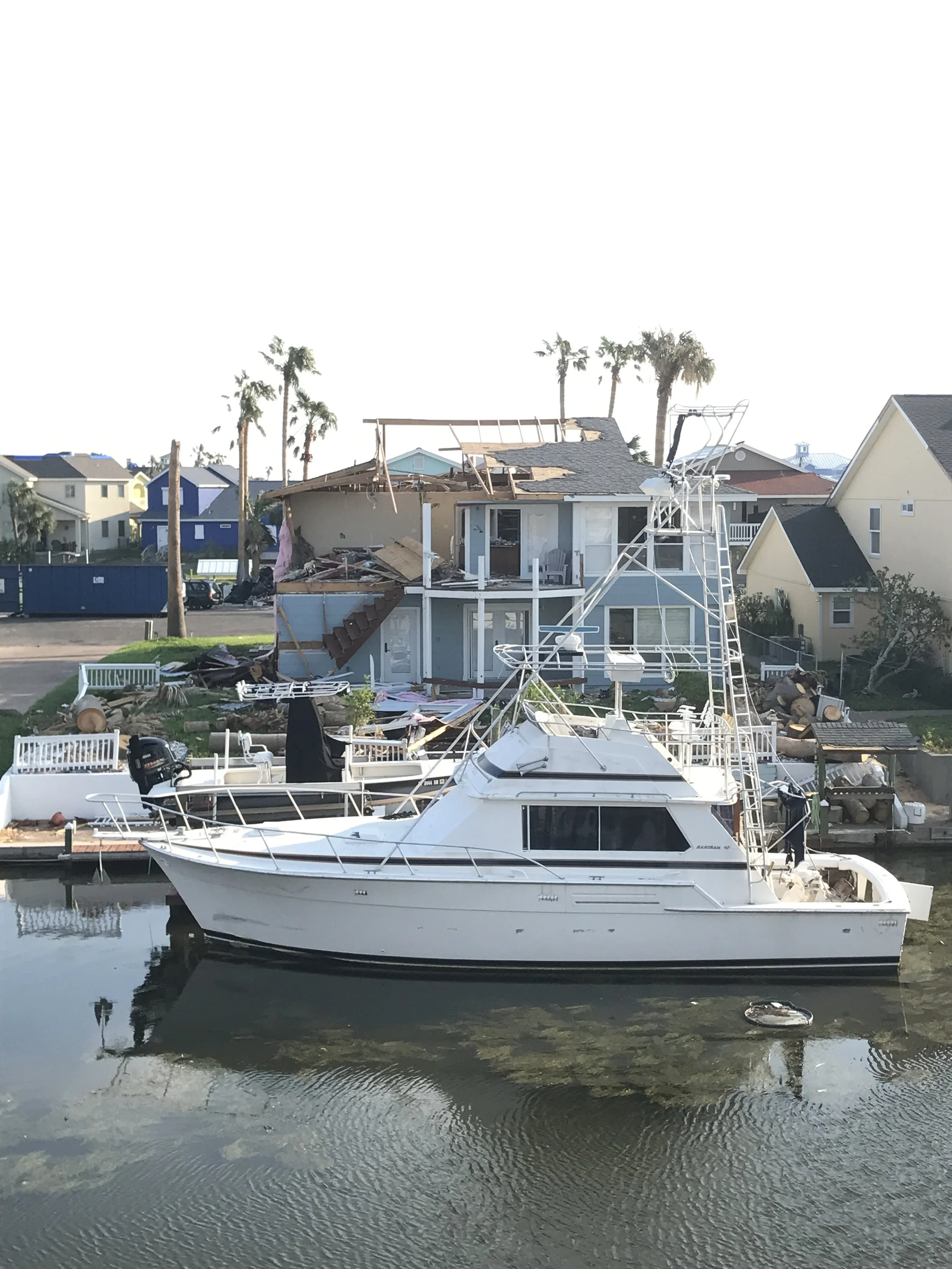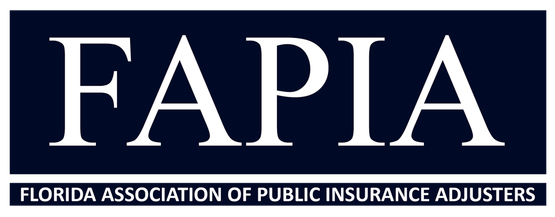Why did the scarecrow keep getting promoted?
Because he was outstanding in his field!
You know who is not outstanding? Any insurance representative who wrongfully advises that plumbing damage or plumbing repairs are blanketly not covered under an insurance policy.
How Does it All Work?
Have you been told your plumbing “damage” is not covered?
Plumbing “damage” in this scenario references building damages sustained from a plumbing failure. Some examples would be sewer backing up into a building, water leaking from a failed toilet, sink or shower. These are examples of insured “damages” resulting from a plumbing failure.
Keeping up with maintenance and repairs is a fact of life for building owners. Time and everyday use take their toll even on the parts you can’t see. If your plumbing is properly working right now, those pipes will likely need attention at some point.
The purpose of insurance is often described as only covering damage caused by sudden, accidental events like a storm, fire or falling object. Since most plumbing failures are looked at by insurance companies as maintenance issues, they are often not afforded coverage. But what exactly defines sudden and accidental? Many policies outright attempt to exclude hidden or unseen damages. Some insurance companies deny claims for what they deem as constant and repeated seepage. If you have had a plumbing damage claim, these terms are probably all too familiar. Ask yourself, with all these potential policy landmines, why wait to get denied before consulting a professional for free?
Policyholders should not accept an insurance companies claim denial as gospel, either. If you feel an insurance company has improperly denied your claim, then you are going to need someone who can accurately interpret your policy to make the proper arguments to overturn the wrongful coverage decision.
My Plumbing Repair is Not Covered Though, Right?
Good news, your insurance company has extended coverage for your claim. Bad news, you’ve been told the several thousand dollar plumbing repair bill you are holding is not covered because your “plumbing” is not covered on your policy. Each policies coverage must be individually interpreted, but more often than not plumbing repairs ARE COVERED under an insurance policy. You are probably asking yourself, did I read that right? Maybe the coffee hasn’t kicked in yet, but let me assure you, it’s true. What’s the catch? Well, it’s all about documentation and policy interpretation. On a covered claim, there are portions of an estimate (or invoice) for plumbing repairs that are, and are not, covered. A general rule of thumb is that leak detection, access and egress to a failed plumbing part are covered, but the failed part itself is not. It could come down to something as simple as how your plumber writes up their plumbing estimate or invoice. Could it really be that simple? Actually, yes, and I would be happy to personally walk you through this process that could potentially save you thousands of dollars on your claim.
What happens if I have a plumbing issue, but it did not result in any damage to my building?
Great question. An example of this scenario would include a sewer line that keeps getting clogged, but does not actually back up into a building and cause damage. Another example would be a failed supply line in a slab that doesn’t immediately show damage to your building. Direct physical loss from the failed plumbing part, ie water/sewer damaged flooring, baseboards, drywall etc. typically needs to be incurred for the plumbing failure claim to be covered. We investigate these types of damages often and with a combination of our FLIR camera and moisture meter we regularly detect resulting damages within the building. This always needs to be investigated first prior to you filing a claim. It could be the immediate difference between a covered claim and a non-covered maintenance issue.
So What Does This All Mean?
We have learned what a covered plumbing claim looks like and also how insurance companies typically try to use your policy against you to deny a claim. We have also shined the light on how to get the majority of your plumbing repair estimate (or invoice) paid and what to do when you have a plumbing issue, but don’t see any obvious damage to your building.
What else have we learned?
Hire me and get your claim paid! Go it alone…maybe it works out, maybe it doesn’t but a bad result can’t always be fixed. My heart sinks a little when I hear people say, “let me just see what the insurance company says first”. Having been a claim representative of insurance companies for the first 10 years of my 22 year adjusting career, this is a cringe worthy statement. I understand the sentiment, but I also wouldn’t file taxes on my own and I wouldn’t go to court and get a verdict before hiring an attorney. Our advice is free, there is no reason you shouldn’t take full advantage of it before filing a claim.
I honestly cannot stress enough the importance of having a qualified public adjuster examine your damages and review your policy any time you come across the scenarios we have listed above prior to filing a claim. Without establishing coverage first, there is no payment to negotiate. Don’t wait until your insurance company has denied you to take control of your claim. Give us a call today for a free claim evaluation!
561-318-3438






